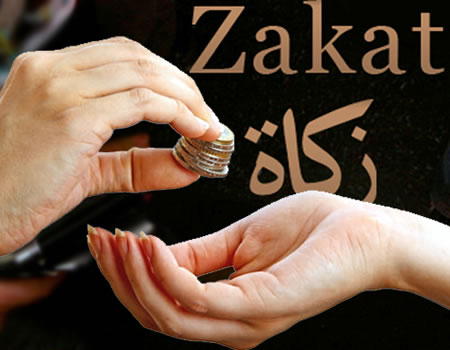ADYAN also described political, economic and social exclusion of youths as responsible for violence in the country. It said young people’s inclusion in the peace and security agenda would facilitate building and sustenance of peace in the country.
The submissions were made at the Ansar-Ud-Deen youth group’s 2017 International Youth Day commemoration/Qur’anic quiz and recitation competition, held in Kaduna.
The guest lecturer at the event, Ustaz Ahmad Badawiy, said if eligible Muslims paid zakat regularly, poverty and insecurity would be reduced in the country.
Badawiy described regular payment of zakat by every eligible Muslim as an antidote to poverty and one of the solutions to the security challenges in the country.
He stated that most of the crises in the country were traceable to poverty but if all Muslims who are qualified to pay zakat annually do so regularly, a considerable number of the citizens would have enough money to take care of their basic needs.
The scholar lamented that only about five per cent of eligible Muslims in Nigeria pay their zakat, while 95 per cent live under the illusion that they are not qualified because they are salary earners or average business people.
He, therefore, charged all Muslims to seek knowledge on the subject of zakat so that they could fulfil the religious obligation and help reduce poverty in the country.
Also speaking at the event, the chairman of the Northern States council of ADYAN, Dr Bashir Omipidan, said the exclusion of youths from political, economic and social processes could be a risk factor for violence and conflicts.
He stated that addressing such a situation was a precondition for sustaining peace.
“The current generation of youths is the largest in history and young people often comprise the majority in countries marked by armed conflicts or unrest. Therefore, considering the needs and aspirations of youths in matters of peace and security is a demographic imperative.
“The process of social inclusion of youths, including participation in decision-making as well as access to quality education, health care and basic services, promotes their role as active contributors to society and affords young people the opportunity to reach their potential and achieve their goals,” Omipidan, a lawyer, said.







